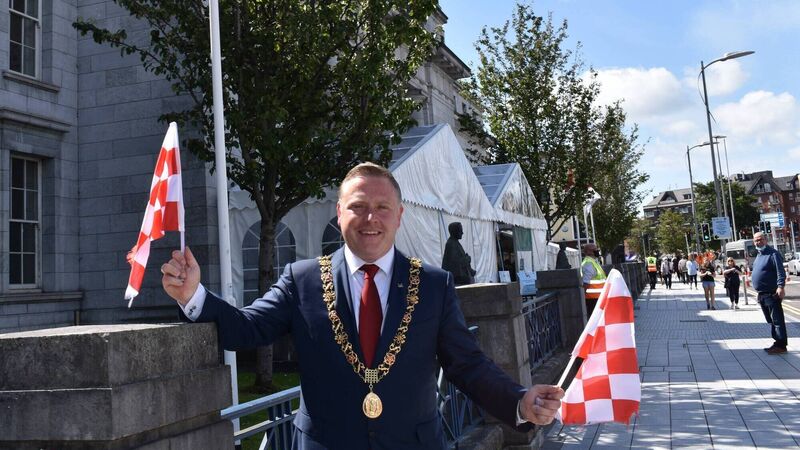Michael Moynihan: Directly elected mayors have a role that surpasses being a figurehead

The Lord Mayor of Cork, Cllr Colm Kelleher.
I see our Lord Mayor is issuing challenges to his counterpart in Limerick about the whereabouts of Liam MacCarthy and the Limerick Mayor is responding in kind and so forth ahead of the weekend’s game.












